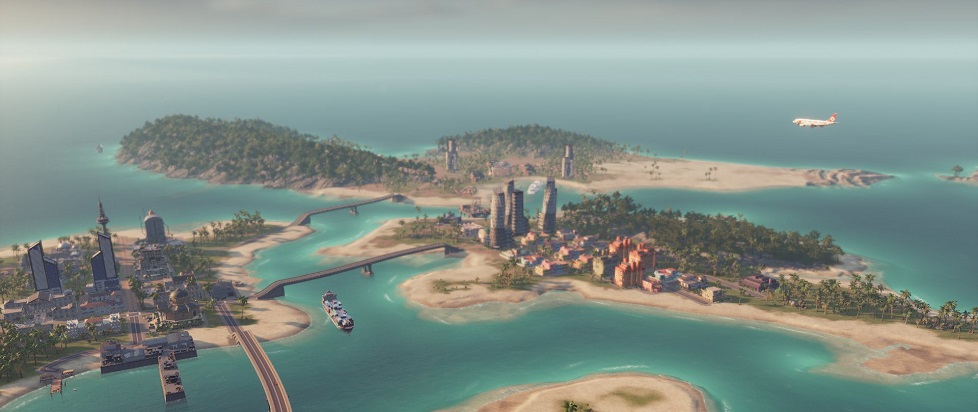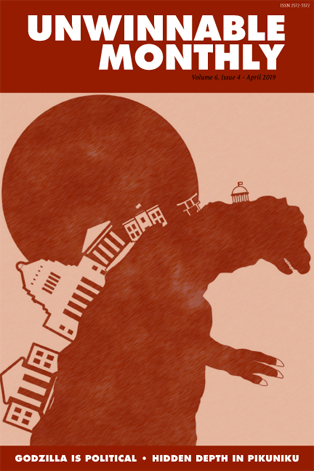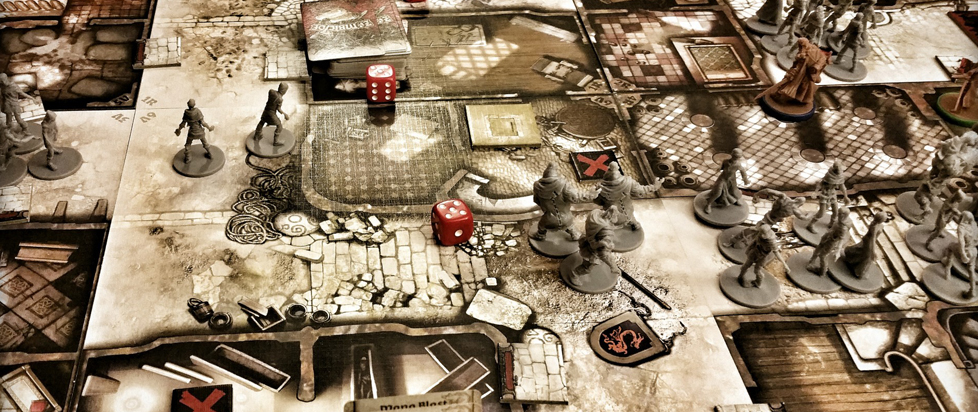
When Building a Banana Republic, Morality Isn’t Exactly a Priority
 This column is a reprint from Unwinnable Monthly #114. If you like what you see, grab the magazine for less than ten dollars, or subscribe and get all future magazines for half price.
This column is a reprint from Unwinnable Monthly #114. If you like what you see, grab the magazine for less than ten dollars, or subscribe and get all future magazines for half price.
———
A repository for games and ennui.
———
Tropico 6 is a strange, but entertaining, game. You play as El Presidente, the corrupt leader of a banana republic. Not, like, the one near the Gap, but a real island dictatorship. This manner of Social and Political Science scenario makes for a lot of entertaining gameplay elements, if not poking fun at a somewhat gray area of morality.
There are four eras to explore, with their own unlocks and challenges, that lampoon real-world events and parts of history. You start under colonial control, every few years jockeying for an extension of your contract as governor. Eventually, you can earn enough support and declare independence via either payoff or war. At this point, you enter the World War era of the game, with more proper control over the island or islands you inhabit. Or it can feel that way at least, you still have to jockey for control, just now with the population. Following this setup, the game continues through the Cold War and into modern day.
During this time, you have to juggle the whims of several different factions. The church, the communists, the capitalists and the military all vie for your attention and time, making demands for bonuses or to improve your standing with their contingent. Two contingents will often want you to build something, but choosing one makes you lose face with the other. Most of the time, it works as a mechanic, though I’ve had a few weird interactions, like the time the church and the military wanted me to build a clinic, but in choosing I had to lose face with one of them, though both paths led to the same result.
Doing favors and keeping the public happy is what gets you re-elected, assuming you don’t cheat, term after term. You have the option to change the ballots and, if you like, assassinate your opponents, or play it straight and try to meet the needs of your citizens. Once in power, you can keep your promises or ignore them, but ignoring them makes re-election a bit more challenging.
Other than your citizens, you have to deal with whatever forces are in power at the time. These are mostly sources of missions and trade routes, with some large game events. But, all the while, you have access to the broker and ways to stuff money into your private, off-shore bank account. You can use these funds to help you bend the rules a bit, purchasing influence and assets on the black market.
Beyond those layers, the game is a city builder that focuses on import and export to keep you in the money. You build up industry and exploit it, with the option to pay more or less to the workers depending on the speed and quality you desire, and ship it out of the country. To this end, the game has quite a bit of information available for you to peruse. For those of us who love nothing more than a big page of data, you can pull those up. You can find information on homelessness, joblessness, happiness with any manner of industry, etc, and use that info to try and make the people happier. Or at least more profitable.
[pullquote]You can find information on homelessness, joblessness, happiness with any manner of industry, etc, and use that info to try and make the people happier. Or at least more profitable.[/pullquote]
The citizen management and the amount of data around it are the star of the game. Want to please the people but not sure what they’d like? There’s more than likely an overlay available in the demographic maps to help you figure that out. There are stats on most things. Housing is an interesting facet of the game, citizens have different home requirements based on their wealth levels. This requires different levels of housing. However, what if your citizens live too far from work? Then you have to worry about boats or bus lines. But why not just build a ton of houses of all types everywhere? You’re on an island and houses require upkeep, slowly dragging you down into a sea of debt and sadness. No. I’m not bitter.
The one thing I felt was lacking from the overall experience is more meaningful data screens about production and shipping. Maybe that’s the point – that you don’t have good control or information about what’s going on down in the warehouses, but it feels a bit hollow on the economical end. Maybe it’s because I’ve been playing games like Factorio lately, but the logistics and production statistics seem non-existent in an otherwise data-rich game.
Other than sandbox mode, people can play and learn the game via a series of scenarios that are pretty cool. All of these scenarios have a specific time frame and goal, and can be played in shorter chunks than a full sandbox game might allow. One memorable early mission has you smuggling coconuts full of gold to some pirates.
Tropico 6, at its core, is a city builder with a lot of personality. It also has a lot of ways to play, some which can be of dubious moral value. But hey, what isn’t?
———
Jason McMaster is a writer and editor with a lifelong passion for games. When he isn’t working on Unwinnable, he’s either on his PC or playing a board game. Follow him on Twitter @mcmaster




